
Not every woman using the morning after pill will have the same side effects, of course, and most of the more common side effects are not dangerous. Potential side effects also depend on the brand of pill you are using like EllaOne, Plan B, and many others. For a complete list of side effects, read the package insert of your morning after pill. For more general information, we're here to help you now.
The more common side effects of emergency contraception are changes in the next menstruation (too early, too late, heavier than usual), nausea and vomiting, headaches, and lower abdominal discomfort. Muscle pain is also possible, along with breast tenderness, tiredness and being dizzy. With the morning after pill, there is an elevated risk of ectopic pregnancy. Emergency contraceptives prevent ovulation in women who didn't already ovulate that cycle, and makes the uterine lining unreceptive to any fertilized egg that is already in the body. Because of this, such a fertilized egg may instead nestle into the lining of one the fallopian tubes.
Tubal pregnancies are extremely dangerous and may well result in the removal of your fallopian tube. Emergency contraceptives are generally safe to use, but they are obviously not meant to serve as a long-term birth control method, and they do not prevent the spread of sexually transmitted diseases.
- www.nhs.uk/conditions/contraception/emergency-contraception/
- www.who.int/bulletin/volumes/88/4/10-077446/en/
- Photo courtesy of Dr.Vijayachandar by Wikimedia Commons: commons.wikimedia.org/wiki/File:Emergency_contraceptive_or_The_morning_after_pill.jpg





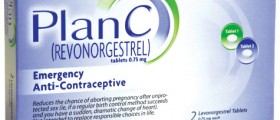
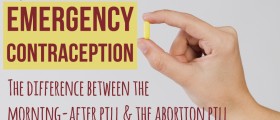
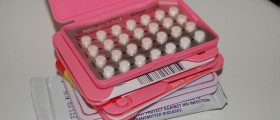

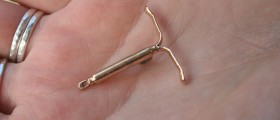
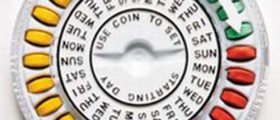

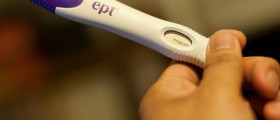

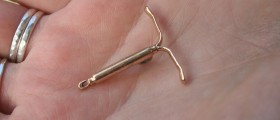
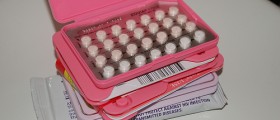
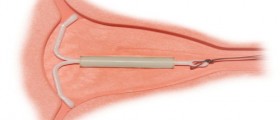
Your thoughts on this
Loading...